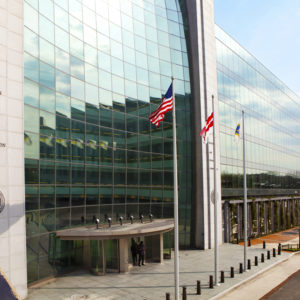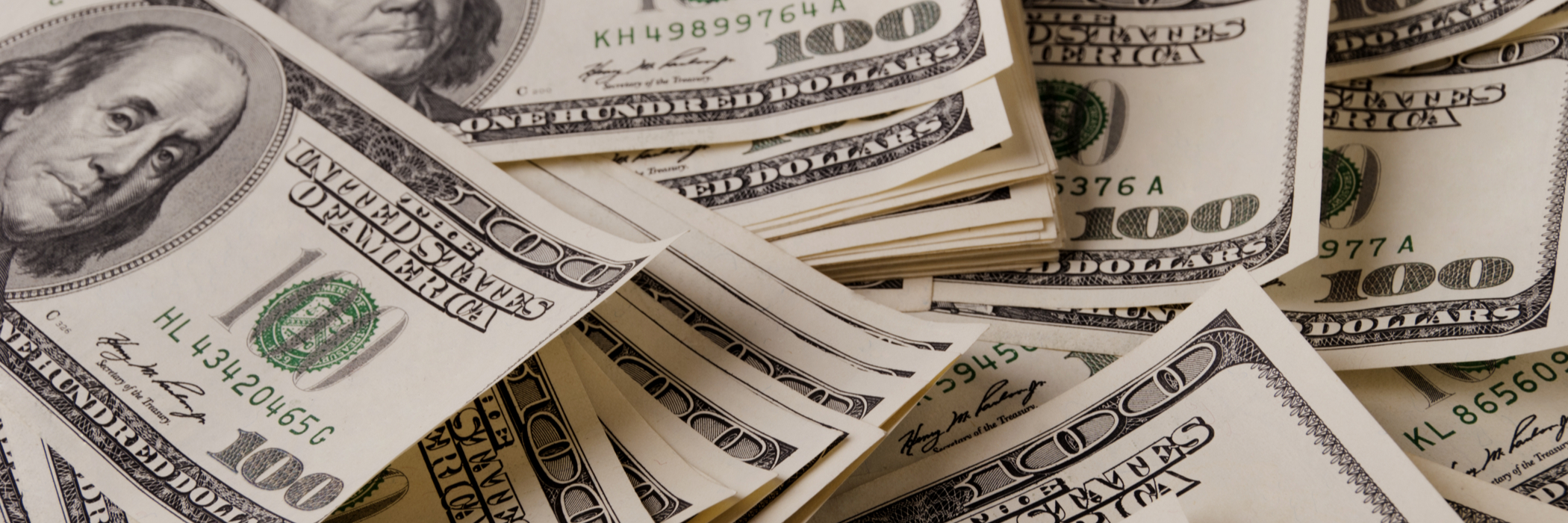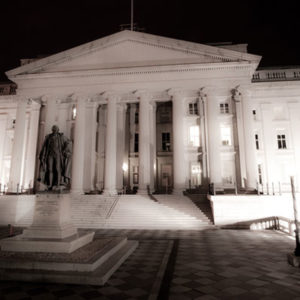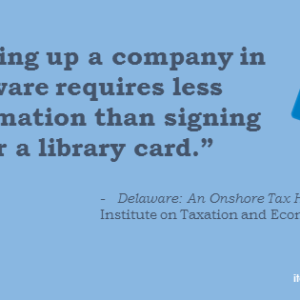
Why the SEC Needs to Require More Disclosure from Companies
In 2015, Citigroup reported to the Security and Exchange Commission that it has 21 offshore subsidiary companies, but it reported to the Federal Reserve that it has 140. Similarly, Bank of America reported to the SEC that it has 21 subsidiaries while reporting to the Federal Reserve that it has 109. All told, 27 financial firms report wildly different numbers to the SEC v. Federal Reserve.
So what gives and which reporting is accurate? It turns out that SEC has less stringent reporting rules, requiring companies only to disclose “significant” subsidiaries. It defines significant as comprising 10 percent or more of the company’s assets. The Federal Reserve requires broader disclosure, but only for financial companies. A CTJ comparison of the disclosures revealed big banks and other financial firms collectively are under reporting to the SEC the number of subsidiary companies by a factor of more than seven.



